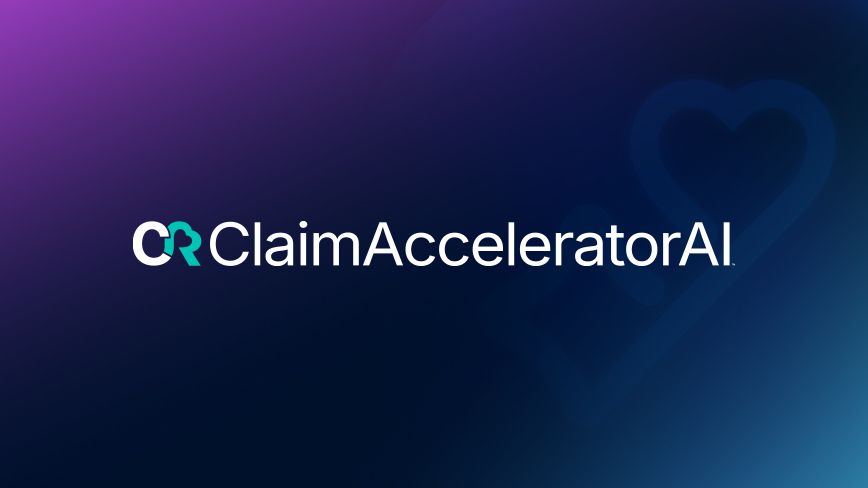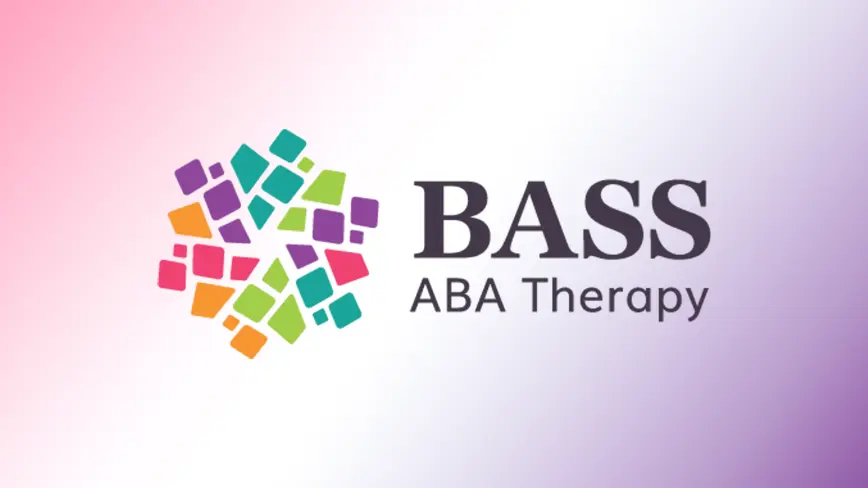Behavioral health practice management software: a roadmap
Electronic medical records (EMRs) and practice management (PM) systems are by no means considered new technology. However, they are certainly more unfamiliar among the behavioral health fields, with applied behavior analysis (ABA) being one of them.
Common points of confusion include determining whether your practice needs an EMR or PM – or both -- and what each brings to the table... the type of software to buy... and how to ensure return on what could likely be one of the most significant investments you will make in your practice.
We developed this blog as a guide for practitioners – one that not only uncovers answers to the questions mentioned above, but delivers knowledge, details, and facts. Our goal is for you to walk away feeling empowered, confident in areas you were previously uncertain, and with a newfound understanding of practice management as it relates to the behavioral health fields.
This blog answers questions many practitioners share, including:
- What is a behavioral health practice management system?
- Why are data collection capabilities in behavioral health practice management systems so important?
- How is data privacy and protection managed using an EMR or PM in the behavioral health field?
- What are the common features and applications found in each system?
- What are some implementation considerations and requirements for PM software?
...and more.
Now: let's dive in, starting with the basics.
What is behavioral health practice management?
A behavioral health practice management system streamlines the operations of your behavioral health practice. What falls under “operations” can look different from practice to practice, but often includes billing, scheduling, documentation, data collection, analytical insights and forecasting, claims management, and numerous administrative tasks. In order for your practice to run smoothly, consistently deliver high-quality care, and generate revenue, all of these moving parts must be managed effectively.
Behavioral health practices frequently manage these operational pieces in silos, rather than within one centralized system. Disparate systems make for disorganized and illogical workflows, leading to increased risks for the practice – failing to meet compliance requirements, billing mistakes, loss of client trust, poor allocation of resources, etc. That’s why moving practice management under one system not only increases efficiency and improves quality control, but also positions your practice optimally for continued growth while minimizing risk.
Now, let’s look at several key components to keep in mind when considering the best practice management plan for your practice.
The importance of data collection in behavioral health practice management
Data is the backbone of everything your practice does. Significant data collection allows for informed decisions to be made around the direction and growth of your practice. It supports quality of care that is in the best interest of your clients. Without it, efforts to improve client care and achieve business goals will be estimates rather than calculated, informed decisions. Having a single platform to streamline data collection and store and organize data provides a crystal-clear picture of strengths, immediate needs, and any red flags or areas for improvement. When searching for solutions, keep an eye out for providers who offer online and offline data collection and the ability to complete real-time graphing.
How is data privacy and protection managed using an EMR or PM in the behavioral health field?
Within a behavioral health practice, the process of data collection warrants the need for air-tight privacy and security practices. The HIPAA Privacy Rule provides federal protections and rights in regards to Protected Health Information (PHI), which is any personally identifiable health information. Any behavioral health practice management system will need to comply with HIPAA requirements to maintain the privacy of clients’ PHI and handle such information with integrity and care.
What are some common features and applications found in each system?
To start: all practice management systems are not created equal, particularly as it relates to the behavioral health fields. Investing in a general or multi-specialty PM, while potentially cheaper, has the ability to wreak havoc on your practice. There are specific areas behavioral health providers must have in their PM wheelhouse. From an operational standpoint, the system should offer applications that support the client from their initial point of entry throughout the entirety of their care experience. The following are critical service functions that, at a minimum, a behavioral health practice’s PM system should include.
Smart scheduling
The ability to quickly book, cancel, and reschedule appointments is of vital importance – not just to ensure seamless delivery of services, but to eliminate staff dissatisfaction, decrease nonbillable hours, and ensure clients meet their authorized hours. Solutions with AI-powered scheduling features are better equipped to manage and track authorized hours, track cancellations, easily pull up both client and provider availability, facilitate skillset-based therapist/client matches that fall within a reasonable drive time, and more – all from an integrated platform with a mobile app. That is the only way to ensure visibility is provided to all staff, even those that are on-the-go driving from client to client.
Payment management
In order to manage client payment cycles most effectively, the ideal solution will allow for orderly data flow between authorizations, appointments, and billing entries. With all information centralized in a single location, your practice can maintain the visibility required to stay on top of all accounts receivables.
Claims management
Rejected and denied claims happen – but it shouldn’t mean your practice loses steam. Be sure to choose a platform that provides a way to manage rejected and denied claims from payors in one, centralized location where you can rework and resubmit claims in a timely fashion.
Authorization management
Any practice should always consider how to best ensure clients receive the frequency, amount, and type of care authorized by payors. By seeking a solution with automatic scheduling validations, your practice can prevent exceeding or underutilizing designated hours.
Advanced reporting capabilities
Electronic reporting can be a powerful method to keep documents up-to-date and easily accessible. Why waste time digging through stacks of paper to find that one document you’re looking for? Look for a provider that offers electronic document management reporting to quickly identify documents that are missing or about to expire.
What are some implementation considerations and requirements for PM software?
Once you’ve ensured a practice management software provider has the critical service functions you need to deliver quality client care in a timely and accurate manner and support revenue generation, the next step is to understand what the implementation process looks like. A solid customer support team will be the deciding factor between a successful, seamless implementation or a tedious, stressful process with no end in sight.
So, what should you pay keen attention to in your search? Look for current customer validation and feedback, such as testimonials and case studies, and be upfront with the provider’s support team about what your practice’s needs are.
Ask for an implementation roadmap to get a clear view of the steps ahead and anticipate any adjustments in your current workflows and processes. Clear and consistent communication, expectation and goal setting, patience, and ongoing support will set one provider out from the rest.
Behavioral Health Practice Management FAQs
1. What does EHR stand for and what is it?
An Electronic Health Record (EHR) is a digitized record of an individual’s paper chart. It is maintained by a provider over time and contains clinical data relevant to a person’s care, such as demographics, progress notes, medications, problems, past medical history, vital signs, immunizations, etc.
2. What does EMR stand for and what is it?
An Electronic Medical Record (EMR) is a system that allows for the entry, storage, and maintenance of digital medical information. Therefore, EMR provides the system in which to enter, store, and maintain EHR.
3. How does behavioral health practice management software differ from a standard EHR/EMR?
Practice management software designed specifically for behavioral health poses a night and day difference from a general EHR/EMR. It is designed to meet the needs of behavioral health practitioners and their data-heavy workflows -- e.g., the collection, entry, storage, and maintenance of clinical data -- whereas general software likely lacks these capabilities.
Using a behavioral health practice management PM also streamlines administrative workflows like scheduling and appointment management, facilitates claims processing to maximize revenue, and provides access to reporting for critical practice insights.
4. What does a practice management system do?
A practice management system streamlines the operations of your behavioral health practice. This often includes electronic billing, scheduling and appointment management, documentation, data collection, analytical insights, forecasting, claims management, and many other administrative tasks.
5. What are the types of medical practice management systems?
There are many different providers of medical practice management systems. Knowing which features and functionality work best for the growth of your practice is the key to selecting the right one. A powerful, integrated system will allow you to eliminate manual work and multiple, disparate systems, use integrated intake and scheduling features, link appointments to authorizations, streamline billing tasks, and perform both offline and online data collection with real-time graphing.
6. Are there regulations I need to follow for using behavioral health practice management software in my practice?
For any healthcare practice, there are federal and local regulations that must be followed to remain a legal and ethical business establishment. In regard to behavioral health practice management software, a provider that can support HIPAA compliance is critical. As you explore options, always check your local compliance requirements to minimize risk and maximize high quality delivery of care.






